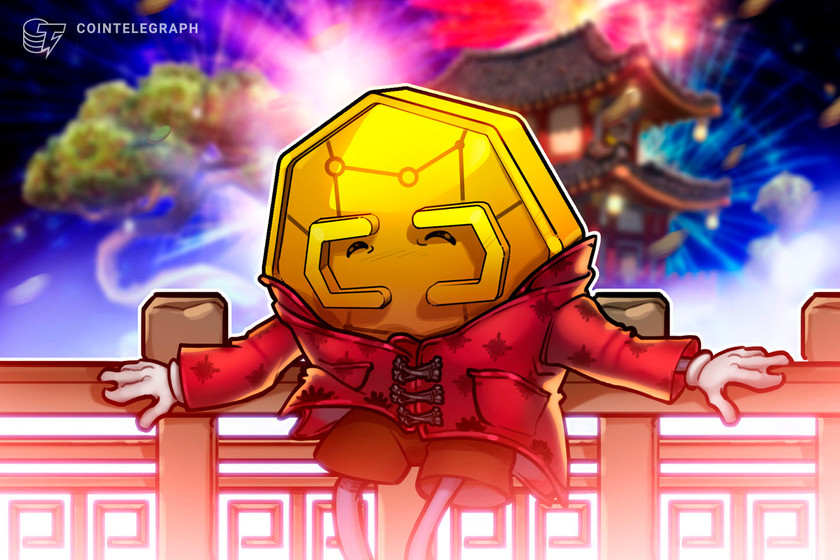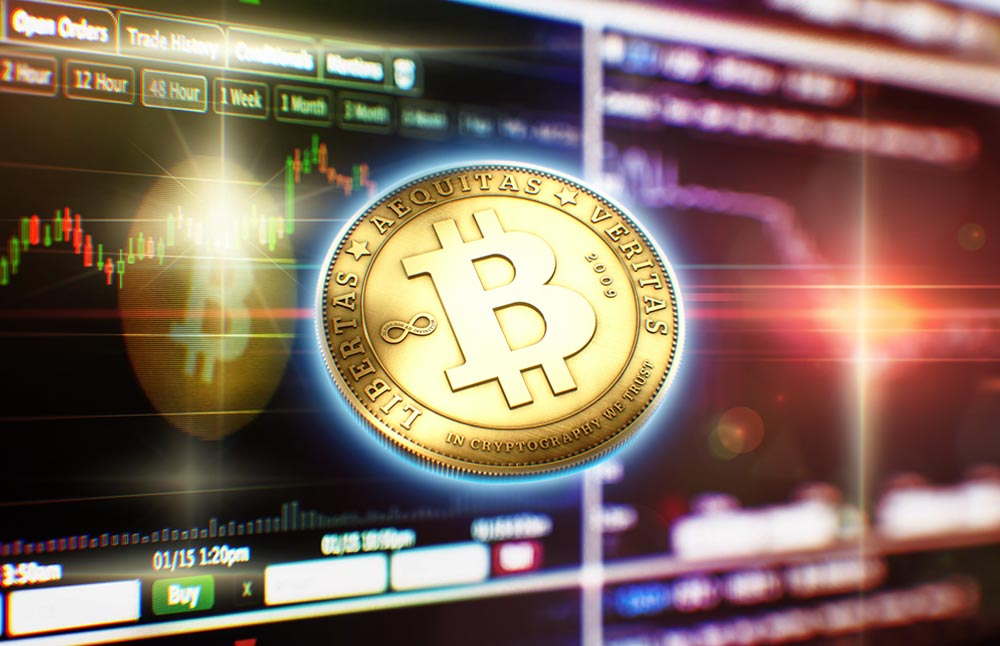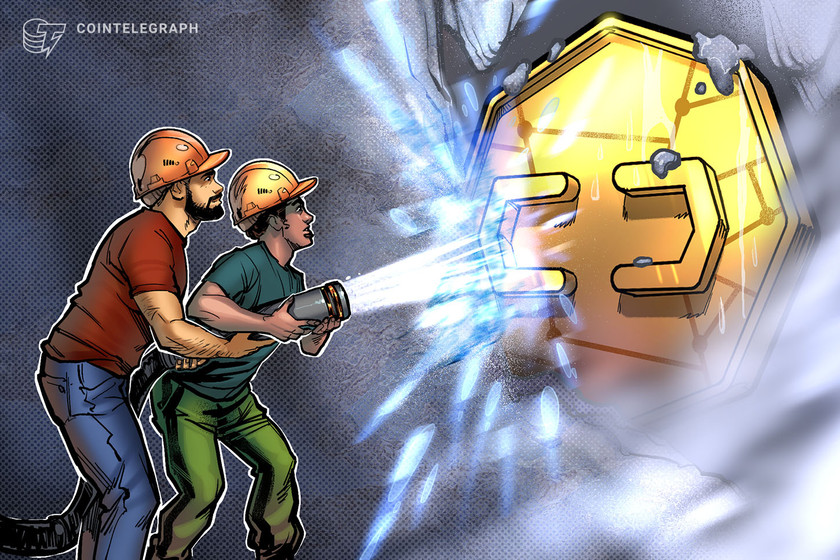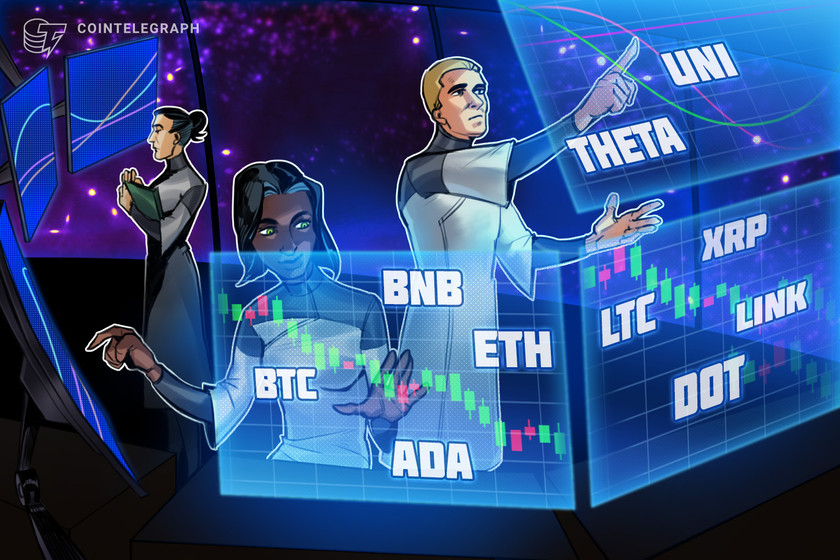Uniswap (UNI) gains nearly 50% in 24 hours as China’s latest crypto purge boosts DEX tokens

In the last 24 hours, the decentralized exchange sector has logged a combined profit of over 60%, while their centralized counterparts have grown by just 0.77%.
Uniswap (UNI) prices staged a solid rebound after crashing last week in the wake of China’s decision to intensify its anti-Bitcoin and cryptocurrency rhetoric.
UNI price gained 14.90% on Mon to reach an intraday high of $26.26. The pair’s climb came a day after it dropped to a monthly low of $17.63. As a result, it churned out more than 48% profits for the dip buers within the last 24 hours.
Adoption FOMO
UNI serves as a governance token inside Uniswap’s decentralized exchange (DEX) ecosystem. As a result, its holders get to vote on matters that help steer the future direction of the DEX platform.
Additionally, UNI holders could also receive a potential revenue share in the future. For the uninitiated, Uniswap’s governance contract contains a so-called “fee switch,” If activated, it will enable UNI holders to earn a part of the protocol’s fees.
Some users already generate revenues by contributing to Uniswap’s pools of assets, earning between 0.05% and 1% of the value of each trade in the current version.

Therefore, the prospect of Uniswap growth as a DEX could also mean a higher adoption curve for UNI. And so it appears, China’s intensifying crackdown on the crypto industry has boosted the token’s appeal among speculators.
The People’s Bank of China (PBoC) and other government agencies deemed crypto transactions illegal in an announcement made public on Friday. Meanwhile, they also targeted offshore cryptocurrency exchanges, warning that it was illicit to provide online trading services to Chinese residents.
The move served to fix a loophole that remained in place after PBoC banned all regional financial institutions from offering services to crypto companies. During this time, China-based traders had continued to use off-shore cryptocurrency trading platforms, such as Huobi, Binance, and OKEx.
BREAKING: #Huobi and #Binance, the 2 largest crypto exchanges in the world, have now fully suspended all new users from Mainland China after the Chinese government declared #Bitcoin trading illegal. pic.twitter.com/ILExeMmgBU
— Mr. Whale (@CryptoWhale) September 26, 2021
But decentralized trading platforms like Uniswap attempt to steer clear of governmental jurisdictions by replacing the custodial asset model with a non-custodial one based on smart contracts and multi-signature technology.
As a result, the recent bout of buying in Uniswap markets has appeared in sync with similar rallies across its top rivaling DEX tokens, as shown in the Messari index below.

Overall, the DEX index containing 60 assets was up 10.27% around 12:05 UTC, calculated on a 24-hour adjusted timeframe. Meanwhile, the gains of thirteen centralized exchange tokens, including Binance Coin (BNB) and FTX Token (FTT), came out to be only 0.77% in the same period, suggesting traders’ sudden FOMO for their DEX rivals.

UNI technicals
UNI prices have been trading lower inside a parallel descending channel that appears to be the ‘handle’ of a classic Cup and Handle technical pattern.
The setup emerges when an asset forms a rounding bottom (cup) while correcting after a solid move higher. After completing the formation, it trends lower in a descending channel range—which typically leads to a breakout to the upside.
Related: Altcoin roundup: There’s more to DeFi than just providing liquidity
In rising so, the asset sets its bullish target at a distance equal to the Cup’s depth.

UNI ticks almost all the boxes when forming the Cup and Handle Pattern in recent sessions. The Uniswap token now eyes a breakout from its descending Handle channel range, with a profit target set at $17.83 above the cup’s resistance level at $48.54.
The views and opinions expressed here are solely those of the author and do not necessarily reflect the views of Cointelegraph.com. Every investment and trading move involves risk, you should conduct your own research when making a decision.







